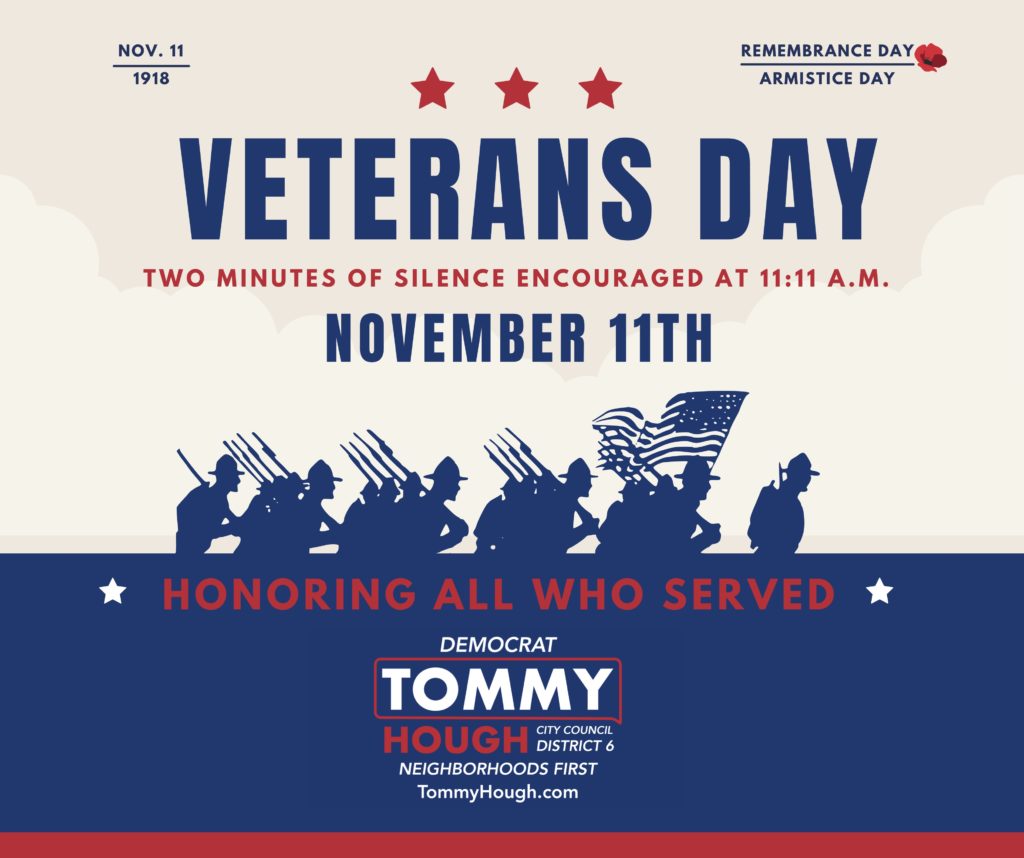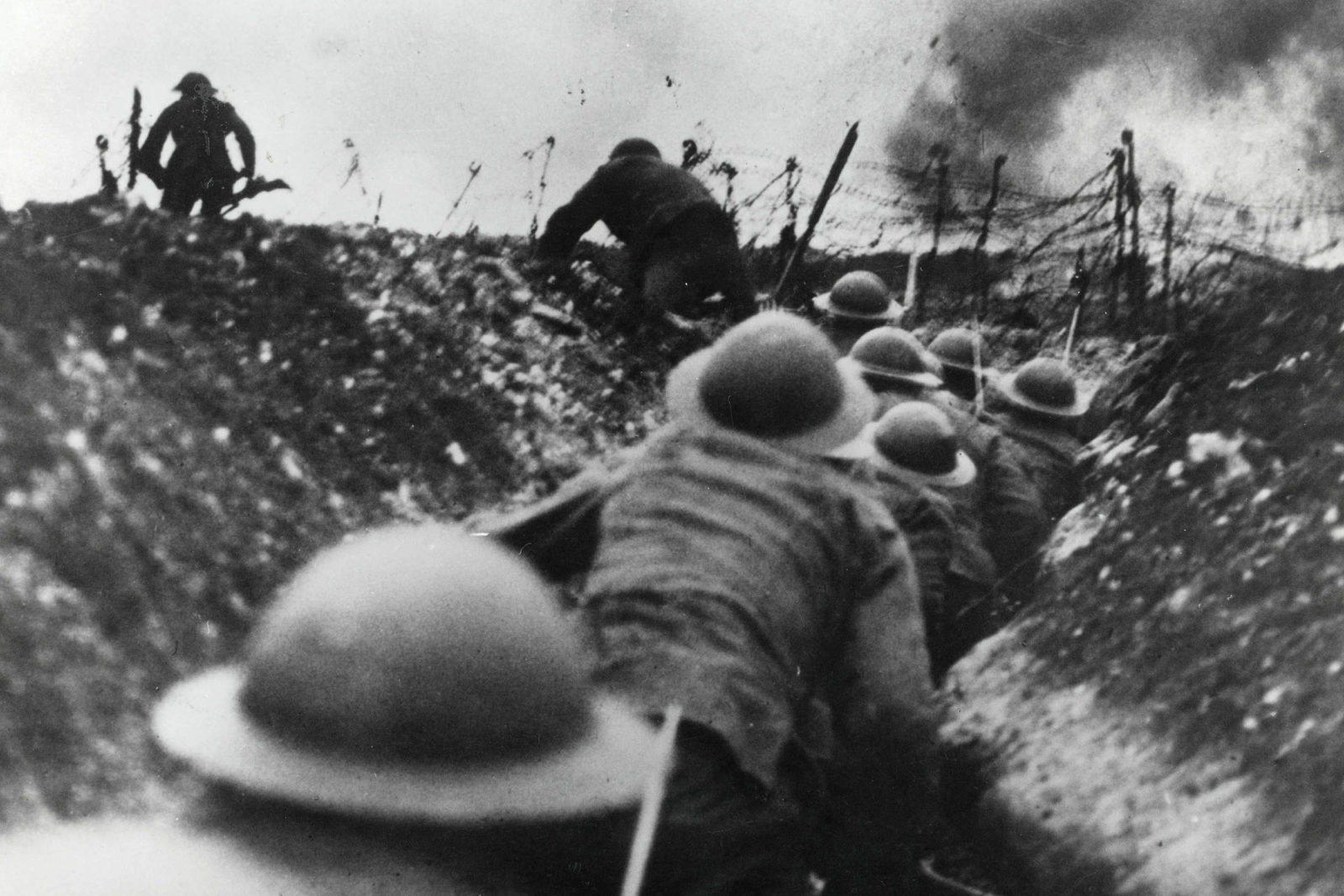Even though they served on different continents at different times, both my grandfathers called Nov. 11th Armistice Day.
Now known as Veterans Day in the U.S., and still known as Remembrance Day among Commonwealth nations, the armistice that marked the end of World War I at the 11th hour of the 11th day of the 11th month in 1918 is, in all likelihood, the reason I’m here today. It may be the reason you’re here too.
On my father’s side, my grandfather served with the Highland Light Infantry, 1st Army, 6th Battalion. By 1918 he’d already been at war for four years, having been bayoneted at Gallipoli in 1915 during the calamitous British attempt to occupy the Dardanelles separating Europe and Asia in Turkey. Two years later he was shot near the heart and left for dead following a botched prisoner exchange on the Western Front. He was 26 when the war ended. Five years later, after returning to a professional soccer career with Partick Thistle F.C. in Glasgow, he would emigrate to the United States to begin a new life as a labor organizer.
On my mother’s side, my grandfather was also on the Western Front at war’s end, serving as a second lieutenant with the American Expeditionary Force (AEF) under General Pershing. He had just survived the 47-day Meuse-Argonne offensive, which began the “rollback” of German forces along the Western Front, but only ended with the close of hostilities on Nov. 11th, 1918. He was 23 years old. He never spoke about the war.
When both my grandfathers were demobilized, they returned home to find their communities still in the grip of the 1918 influenza pandemic, which was in the process of killing as many people as had died on the battlefields of Europe, Africa, Asia, and the Middle East over the previous four years. No vaccination was ever developed for the 1918 flu, which persisted for months into 1920.
My grandfathers survived the pandemic, and were convinced that if the Great War, now known as World War I, had gone on any longer they would not have survived. When I read about the attrition-based battles and skirmishes of World War I, and what those who fought it went through, I remain amazed I’m here at all. The uncertainty of life and strong possibility of death or terrible injury was a fact of life for soldiers on the Western Front in World War I, and like all wars the memories, regrets, terror, and trauma of the war followed soldiers home.
The United States first moved to honor the service and sacrifices of veterans on this date in 1919, one year after the namesake World War I armistice. In 1954, in the wake of World War II and the Korean War, Armistice Day was renamed Veterans Day to honor the service of all U.S. military veterans. Since then, with the wars in Vietnam, Kuwait, Afghanistan, Iraq, and other locales around the world, we continue to honor the service and sacrifice of our veterans and their families – in war and peace – on Veterans Day.
We thank them, and we remember.
Interestingly, four years ago, on the 100th anniversary of the 1918 armistice, Smithsonian magazine shared an artillery ranging filmstrip recording of the moment the guns fell silent across Europe as the armistice took effect. It’s worth a look, as is Peter Jackson’s magnificent 2018 restorative World War I documentary They Shall Not Grow Old.
Cory and I wish you, your families and loved ones, and the veterans close to you a lasting peace on this Veterans Day.


